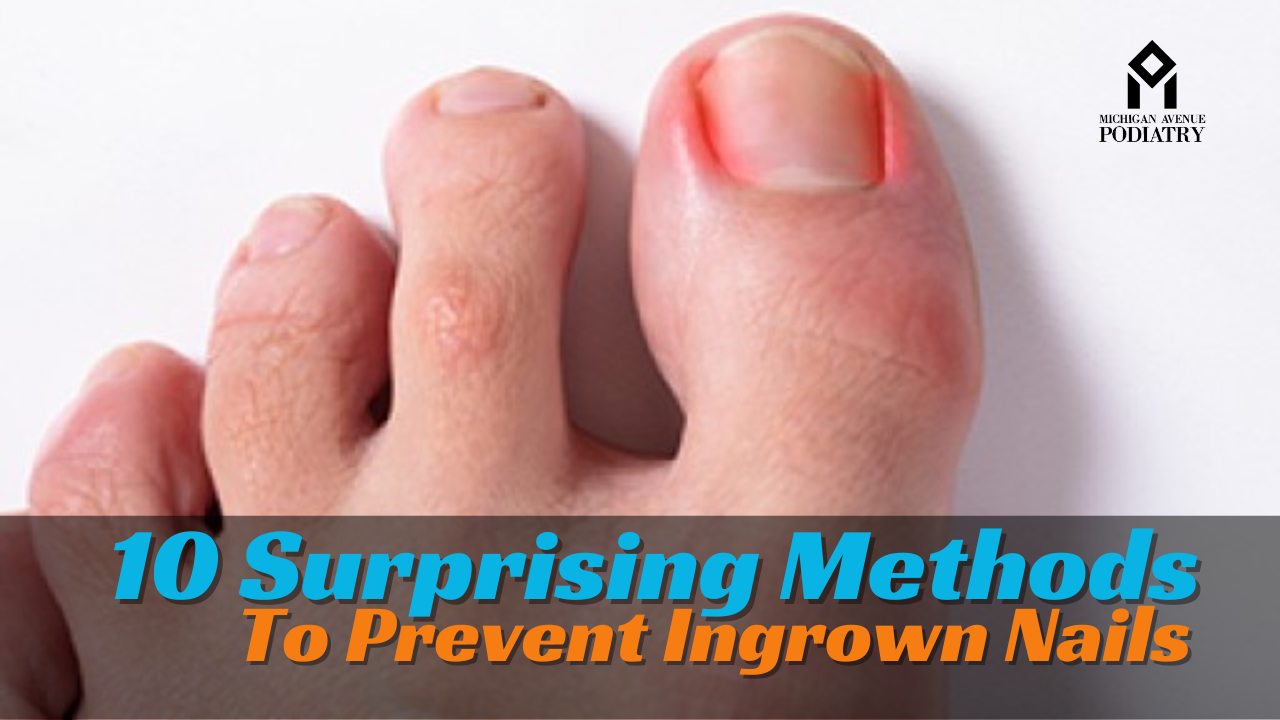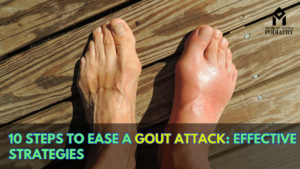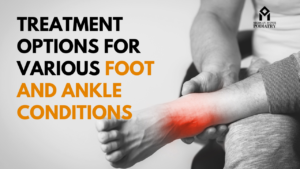Ingrown nails can be incredibly painful and frustrating, often leading to discomfort and infection. However, there are several surprising methods to prevent ingrown nails that you may not have considered. By incorporating these tips into your routine, you can effectively prevent ingrown nails and enjoy healthier, happier feet.
1. Proper Nail Trimming Technique
One of the primary causes of ingrown nails is improper nail trimming. To prevent this, trim your nails straight across rather than rounding them at the edges. Additionally, avoid cutting your nails too short, as this can increase the likelihood of ingrown nails.
2. Soak Your Feet Regularly
Soaking your feet in warm water can help soften the nails and surrounding skin, making it easier to trim your nails properly. Add Epsom salts or gentle cleansing agents to the water for added benefits.
3. Wear Properly Fitted Shoes
Ill-fitting shoes can exacerbate ingrown nails by putting pressure on the toes. Ensure your shoes fit properly and provide enough room for your toes to move comfortably. Avoid narrow or pointed-toe shoes that can squeeze the toes together.
4. Choose Breathable Footwear
Moisture and sweat can contribute to ingrown nails. Opt for breathable footwear made from natural materials like leather or mesh to allow air circulation and prevent excessive moisture buildup.
5. Avoid Trauma to the Toenails
Trauma to the toenails, such as stubbing your toe or dropping something heavy on it, can increase the risk of ingrown nails. Take precautions to protect your toes from injury, especially if you’re prone to ingrown nails.
6. Moisturize Regularly
Dry, brittle nails and skin can make it easier for nails to become ingrown. Keep your toenails and surrounding skin moisturized with a gentle lotion or oil to maintain flexibility and prevent cracking.
7. Maintain Good Foot Hygiene
Proper foot hygiene is essential for preventing ingrown nails and other foot problems. Wash your feet daily with mild soap and water, making sure to clean around and under the nails to remove any dirt or bacteria.
8. Use Toe Separators
Toe separators can help prevent ingrown nails by keeping the toes properly aligned and preventing them from pressing against each other. Wear toe separators overnight or while lounging at home for best results.
9. Apply Protective Padding
If you’re prone to ingrown nails or have experienced them in the past, consider applying protective padding to the affected area. This can help cushion the toe and prevent further irritation or injury.
10. Seek Professional Help
If you’re unable to prevent ingrown nails on your own or if they persist despite home remedies, don’t hesitate to seek professional help from a podiatrist. They can guide proper nail care and recommend treatment options to alleviate your symptoms.
Taking proactive steps to prevent ingrown nails can save you from unnecessary pain and discomfort. By following these surprising methods, you can keep your toenails healthy and avoid the hassle of dealing with ingrown nails in the future.
FAQs (Frequently Asked Questions)
1. Are ingrown nails a serious condition?
- While ingrown nails can be painful and uncomfortable, they are usually not serious unless they become infected. However, it’s essential to seek treatment if you experience severe pain, redness, or swelling.
2. Can ingrown nails heal on their own?
- In some cases, mild ingrown nails may resolve on their own with proper home care, such as soaking the feet and keeping the area clean. However, more severe cases may require professional intervention to prevent complications.
3. How long does it take for an ingrown nail to heal?
- The healing time for an ingrown nail varies depending on the severity of the condition and how well it responds to treatment. Mild cases may heal within a few days to weeks, while more severe cases may take longer to resolve.
4. Can ingrown nails be prevented in children?
- Yes, ingrown nails can be prevented in children by teaching them proper nail care techniques, ensuring they wear properly fitted shoes, and encouraging good foot hygiene from a young age.
5. Is surgery necessary for ingrown nails?
- Surgery is typically reserved for severe or recurring ingrown nails that do not respond to conservative treatment methods. Most cases can be managed with home care and professional guidance from a podiatrist.




